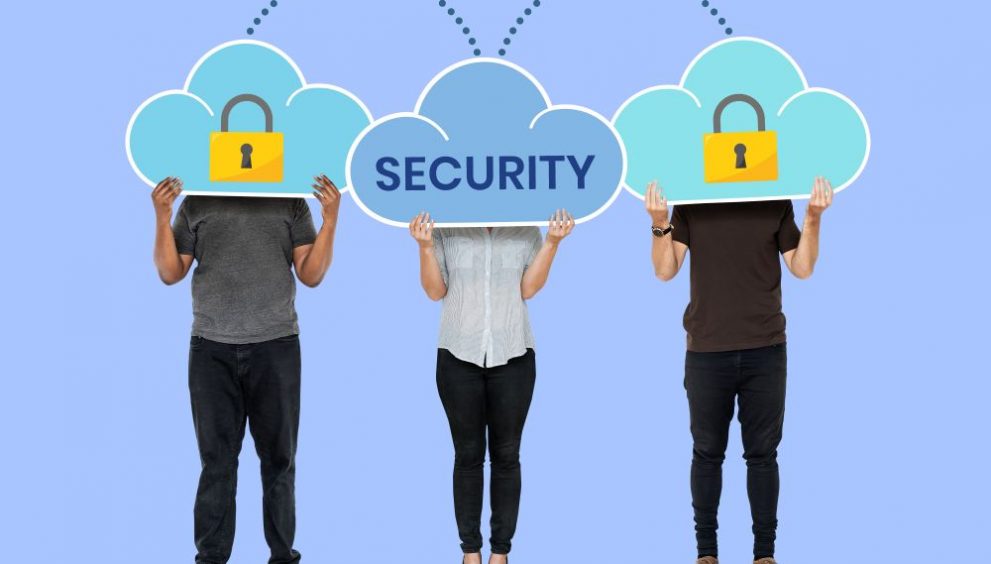In times when online privacy and security are increasingly under threat, Virtual Private Networks (VPNs) have emerged as an essential tool for safeguarding your digital life. VPNs create a secure, encrypted tunnel between your device and the internet, protecting your data from prying eyes and potential cyber threats. By masking your IP address and location, VPNs allow you to browse the web anonymously and access content that may be restricted in your region.
As you navigate the Internet, your online activities are constantly being tracked and monitored by various entities. Without proper protection, your sensitive information such as login credentials, financial details, and personal messages can be easily intercepted and exploited. This is where VPNs come into play, offering a robust layer of security and privacy for your online endeavors.
What is a VPN and How Does it Work?
A Virtual Private Network (VPN) is a service that creates a secure, encrypted connection between your device and a remote server operated by the VPN provider. When you connect to a VPN, all your internet traffic is routed through this VPN network, ensuring that your online activities remain private and secure.
Here’s how a VPN works:
- Encryption: VPNs use strong encryption protocols like OpenVPN, L2TP/IPSec, IKEv2, and WireGuard to protect your data. Even if a hacker intercepts your traffic, the encryption makes it unreadable.
- IP Masking: When you connect to a VPN server, it masks your real IP address and location. Websites you visit will see the IP address of the VPN server instead of your actual information.
- Secure Tunneling: All your internet traffic passes through the encrypted VPN tunnel, shielding it from unauthorized access by your ISP, government agencies, or cybercriminals.
- Remote Servers: Most VPN providers operate servers in multiple locations worldwide. You can choose which server to route your traffic through, allowing you to access geo-restricted content or bypass censorship.
Types of VPNs
There are several types of VPNs, each designed to cater to specific needs:
- Remote Access VPN: This type allows individual users to securely connect to a private network, such as their office network, from a remote location. It is commonly used by remote workers and business travelers.
- Site-to-Site VPN: Also known as router-to-router VPN, this type connects entire networks in different locations, allowing seamless communication between offices or branches of an organization.
- Personal VPN: These are consumer-focused VPN services that individuals use to protect their online privacy, access geo-blocked content, and secure their internet connection on public Wi-Fi networks.
The Benefits of Using a VPN
Using a VPN offers numerous benefits for your online security and privacy:
- Enhanced Privacy: VPNs mask your IP address and encrypt your internet traffic, preventing third parties from tracking your online activities.
- Secure Public Wi-Fi: When connected to public Wi-Fi hotspots, a VPN encrypts your data, protecting sensitive information from hackers and snoopers.
- Bypass Geo-Restrictions: By connecting to VPN servers in different locations, you can access content and services that may be restricted in your country.
- Prevent ISP Tracking: Your ISP can monitor your online activities and sell your browsing history to advertisers. A VPN prevents ISP tracking and keeps your data private.
- Protect Online Transactions: VPNs add an extra layer of security when conducting online transactions, ensuring your financial information remains safe from cybercriminals.
Choosing the Best VPN for Maximum Protection
With numerous VPN providers available, choosing the right one can be overwhelming. Here are some factors to consider when selecting a VPN for maximum security:
Features to Look for in a VPN
- Strong Encryption: Opt for a VPN that uses robust encryption protocols like OpenVPN, IKEv2, or WireGuard to ensure your data remains secure.
- No-Logs Policy: Choose a VPN provider that has a strict no-logs policy, meaning they do not track or store any information about your online activities.
- Server Locations: Look for a VPN with a wide network of servers in multiple locations, allowing you to access content from around the world.
- Speed and Reliability: Select a VPN that offers fast and stable connections to minimize the impact on your browsing and streaming experience.
The Safest VPN Providers in 2024
Some of the safest VPN providers known for their strong security features and reliability include:
- ExpressVPN
- NordVPN
- CyberGhost
- Surfshark
- ProtonVPN
Quick Heal VPN Protection: Your Digital Security Partner
Quick Heal, a leading cybersecurity company, offers a comprehensive VPN solution to enhance your online safety. Quick Heal Total Security includes a built-in VPN that encrypts your internet traffic and masks your IP address, ensuring your online activities remain private and secure.
With Quick Heal’s VPN, you can:
- Protect your data on public Wi-Fi networks
- Access geo-restricted content
- Prevent ISP tracking and bandwidth throttling
- Secure your online transactions
Quick Heal’s VPN protection is user-friendly, reliable, and offers unlimited bandwidth, making it an excellent choice for your digital security needs.
Stay Secure with Quick Heal
When choosing a VPN, consider factors such as strong encryption, a no-logs policy, server locations, and speed. Opting for a reputable provider like Quick Heal Total Security ensures you get the most secure VPN experience possible. Investing in a reliable VPN is a small price to pay for the peace of mind it brings. By using a VPN, you take control of your online privacy and security, ensuring that your digital life remains protected from prying eyes and potential threats.
Check Out Our Full Antivirus Range

